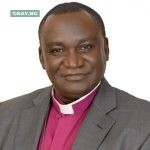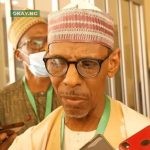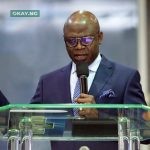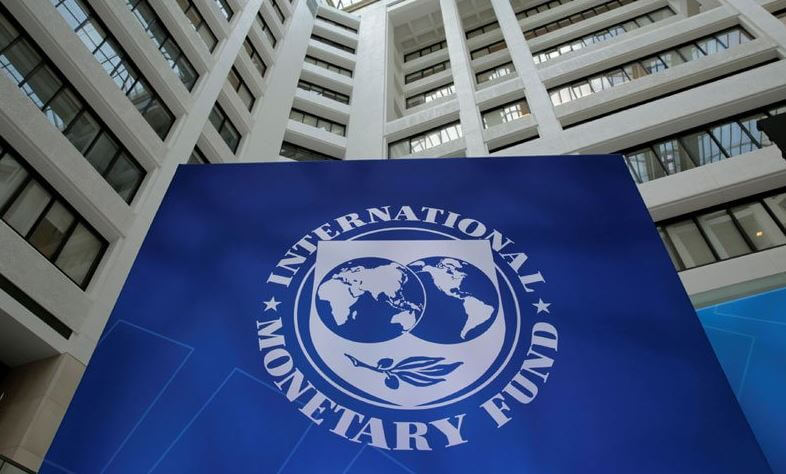The nation’s power situation, yesterday, received a slight uplift as power generation inched up to 2,905 Mega Watts (MW), from about 2,600MW recorded on Monday.
Investigations showed that the slight rise was recorded increased due to gas supply to some power plants which were hitherto faced supply challenges in recent times.
The Transmission Company of Nigeria (TCN) generation details yesterday showed that the national grid now has about 2,905MW energy against the estimated 80,000MW required to meet national demand.
The breakdown of the generation, according to the Nigeria Electricity System Operator indicated that Ikeja Disco received 435.86MW; Abuja, 334.16MW; Eko, 319.63MW; Benin, 261.51MW; Enugu 261.51MW; Ibadan 377.74MW; Jos, 159.81MW; Kano 232.46MW; Kaduna, 232.46MW; Port Harcourt, 188.87MW; Yola, 101.70MW.
Notwithstanding the upward swing in generation level, electricity consumers across the country have continued to lament poor services by the distribution companies.
Some consumers in Ikotun; Ijegun road, Abaranje; Toyin Davies, Ejigbo; Iba Town, Ojo; Igando, Ayobo, Okota and Isolo areas of Lagos lamented an average of one hour supply in four days, while they alleged illegal extortions by the electricity officials.
A consumer on Makinde Street, Ijegun, Mrs. Betty Ajayi, berated the poor electricity supply in the area, claiming that they only pay estimated bills for energy not enjoyed.
“In fact, we suffered in darkness for about three weeks after which we were later planned for load shedding. It is very sad and unfortunate, that a country with abundant natural gas will always suffer in darkness due to lack of gas supply,” she said.
Another customer in Sam Sonibare street in Surulere, Tunde Sodeinde, who also lamented the incessant outages, said he pays an average of N13,000 for a mini flat monthly, while he is currently facing tough hurdles to secure a prepaid meter.
The Federal Government had earlier unveiled plans to add 1,200MW power to the national grid through nuclear power project.
Minister of Power, Works and Housing, Babatunde Fashola, said the move was part of the government’s efforts towards diversifying its energy mix beyond the traditional sources of gas, oil and hydro to include nuclear and other renewable sources like solar, biomass and wind.
He said: “You must begin to break down the seeming complex issues around nuclear power into simple terms and language that our people can understand, we must try to demystify issues around nuclear power in Nigeria”.










